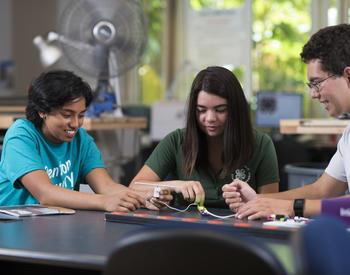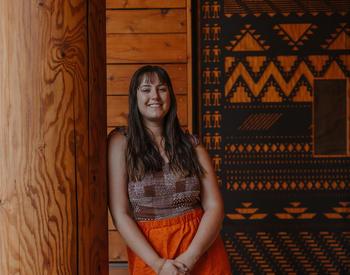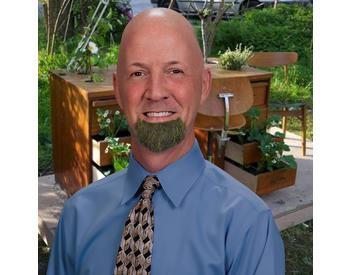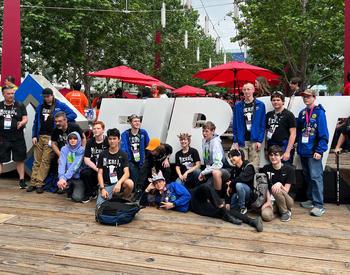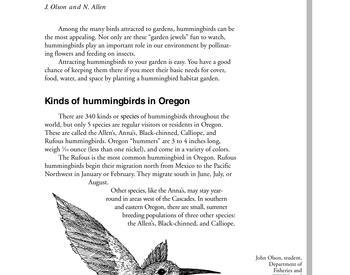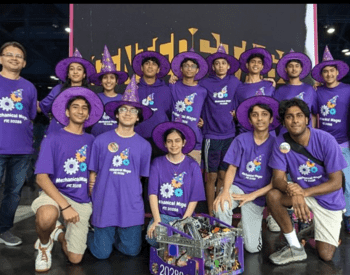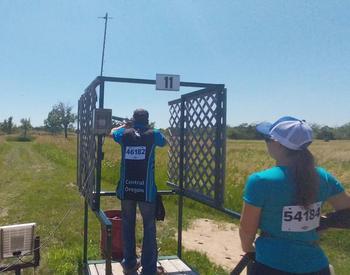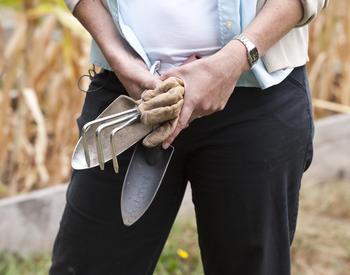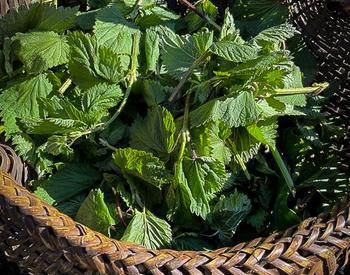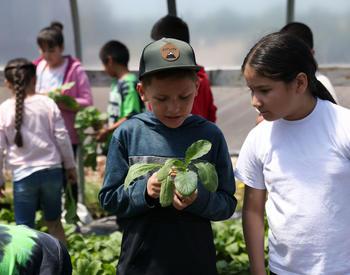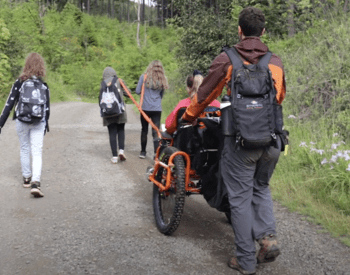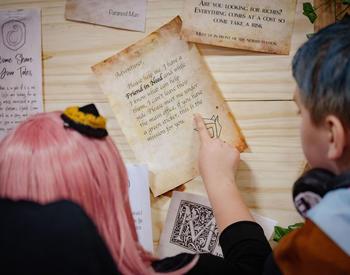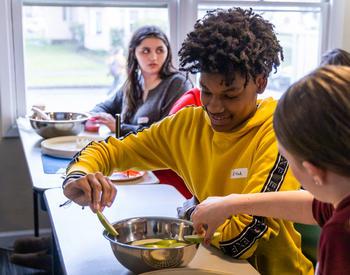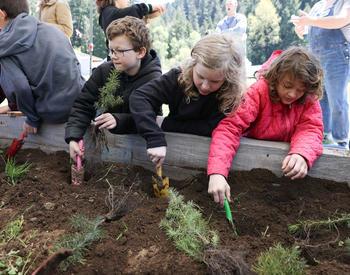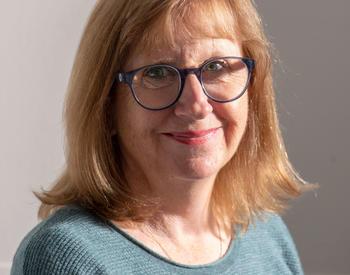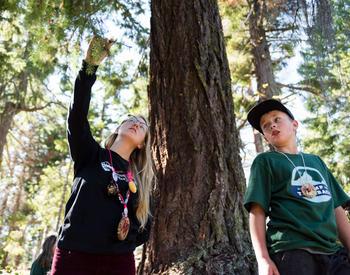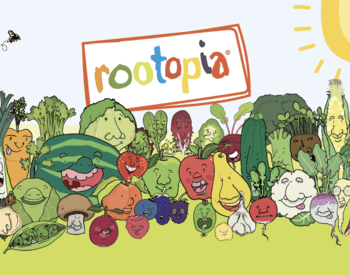HOOD RIVER, Ore. – Sometimes people are surprised to learn that Ann Harris, a Black woman, lives in Hood River.
She doesn’t dispute the Black community is small in the Columbia River Gorge: “There's not very many Black people here in Hood River, not many in The Dalles, not many further east.”
Out of a population of 24,048, Hood River County is home to only 53 Black and 3,710 multiracial community members, according to the most recent U.S. Census.
When visitors come to rural Oregon, Harris said, “They’re often surprised there will be some Black folks.” Harris, who has lived in Hood River for 27 years, is often asked why she and other Black people ended up living in rural north-central Oregon. They assume they aren't originally from the area or something forced them to move there, she said.
That, Harris explained, is one of the many reasons she felt compelled to launch Black in the Gorge, a community group open to all designed to build connections and community for Black and Black bi/multi-racial people in the Gorge region. She did so in her capacity as Oregon State University Extension Service’s Open Campus education coordinator in Hood River and Wasco counties.
Open Campus provides local access to learning to address the unique educational needs of Oregon’s communities. One of the Extension program’s focus areas is community vitality and engagement.
Since launching in 2021, Black in the Gorge has hosted numerous in-person and Zoom events to bring the region’s Black community together.
The feedback was immediately positive.
“Those who are part of the group have felt a real sense of kind of belonging and community,” Harris said.
One of the most impactful connections was an act of language revitalization. Two siblings were adopted from The Democratic Republic of the Congo and their first language was a regional dialect. “They knew their language, but they only had each other to speak to and it was dwindling,” Harris said.
At a Black in the Gorge event, they met another community member who speaks their language. “It was really cool for them to be able to make that connection,” Harris said.
Focus on Black youths
Because it was apparent that Black youths suffered from isolation, supporting them is a key goal of the group. “Often the youth are one of the very few in their school or maybe the only Black person in their school,” said Harris, adding that some have been bullied.
Harris determined that there were no specific college scholarships for Black students in the Gorge. In partnership with the Gorge Community Foundation and with support from The Next Door Inc., Black in the Gorge launched a scholarship fund that will support Gorge-area Black and Black bi/multi-racial students in post-secondary education. Currently in the initial fundraising phase, it hopes to start awarding scholarships in 2025.
One of Black in the Gorge’s biggest events is its annual Juneteenth celebration. This year, the event featured performances from Boka Marimba Band, the Gorge Freedom Choir, and a DJ and dance lessons from African Dance Instructor Ebenezer “Ne” Amartey. There was also food, a resource fair, and a community art project. Black in the Gorge wanted to host this annual celebration to honor and celebrate Black culture and history with the whole community.
Not only are events like Juneteenth important gathering spaces for the Black community, but they also allow the community as a whole to engaged with Black people and culture, making it more welcoming, Harris said.
Hood River Mayor Paul Blackburn attended the event, and the city waived the park rental fees.
“Those kinds of things tell me that the community supports Black in the Gorge,” said Harris.
Model for other programs
Harris retired at the end of July. In her 11 years with OSU Extension, Harris has spearheaded multiple projects for the Gorge region such as an Oregon Naturalist Columbia Gorge Eco Region field course and Juntos.
With Harris’ retirement, Black in the Gorge is transitioning to a self-led organization independent of OSU Extension and is in the process of becoming its own 501(c)(3). Many local group members have already become very involved with planning and leadership.
“Extension will still be an ongoing collaborator and supporter,” said Harris.
Ultimately, Harris hopes that the group can act as a model for other programs — either within Extension or separately — to better support Black communities in rural Oregon.
“I'd like to make these areas places that feel welcoming to Black families and Black individuals and biracial individuals. Anyone who would like to be in rural Oregon, I would like to see them feel comfortable to be here.” Harris said.
